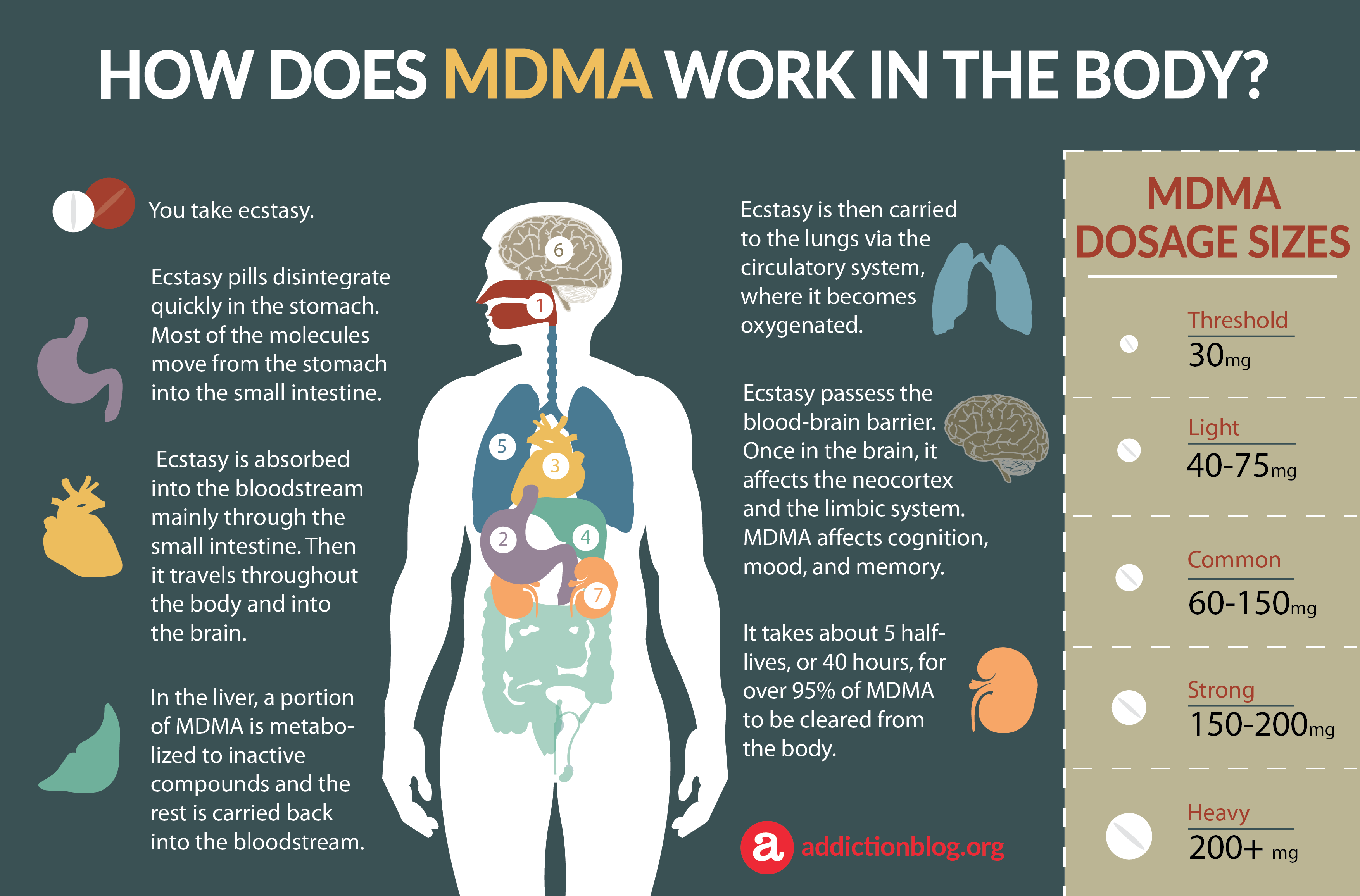MDMA's Role in Trauma Recovery
from web site
When it comes to trauma recovery, the path to healing can be long and challenging. Traditional therapies and medications may not always provide the relief individuals need to truly overcome their traumatic experiences. In recent years, there has been growing interest in the potential therapeutic benefits of MDMA, commonly known as ecstasy, in aiding trauma recovery.
The MDMA-Assisted Therapy Revolution
MDMA-assisted therapy is not a new concept, but it has gained significant attention in the world of mental health treatment in recent times. This unique approach involves using MDMA as an adjunct to psychotherapy sessions, creating a safe and supportive environment for individuals to explore their traumatic memories and emotions.
MDMA, when used in a controlled therapeutic setting, can have several profound effects that make it a potentially valuable tool in trauma recovery:
1. Enhanced Empathy and Trust
MDMA is known for its ability to increase feelings of empathy and trust. In a therapeutic setting, this can help individuals open up more readily to their therapists and process traumatic memories with reduced fear and anxiety.
2. Decreased Fear and Anxiety
One of the hallmarks of trauma is the overwhelming sense of fear and anxiety associated with traumatic memories. MDMA can help reduce these negative emotions, making it easier for individuals to confront and work through their trauma.
3. Increased Self-Reflection
MDMA can promote self-reflection and self-acceptance, allowing individuals to gain a deeper understanding of their trauma and how it has impacted their lives. This increased self-awareness can be a powerful catalyst for healing.
The Science Behind MDMA-Assisted Therapy
Research into MDMA-assisted therapy has shown promising results. Clinical trials have demonstrated that when combined with psychotherapy, MDMA can lead to significant reductions in symptoms of post-traumatic stress disorder (PTSD). These findings have sparked interest and hope for those struggling with trauma-related mental health issues.
It's important to note that MDMA-assisted therapy is not a DIY endeavor. It should only be conducted under the supervision of trained therapists in a controlled and safe environment. Proper dosing, preparation, and integration are essential aspects of this therapy.
MDMA and the Road to Recovery
While MDMA-assisted therapy shows promise in trauma recovery, it's essential to remember that it is not a one-size-fits-all solution. Each individual's journey through trauma is unique, and what works for one person may not work for another. It's crucial to consult with a qualified mental health professional to determine the most appropriate treatment plan for your specific needs.
If you are interested in exploring MDMA-assisted therapy, ensure that you seek out reputable and licensed therapists who have experience in this field. Additionally, always prioritize your safety and well-being when considering any form of therapy or treatment.
Conclusion
MDMA-assisted therapy has emerged as a promising option for individuals seeking relief from trauma-related mental health issues. While it is not a magic cure, it can be a valuable tool when used in conjunction with traditional therapy approaches. If you are considering MDMA-assisted therapy, please consult with a qualified therapist and explore all options available to you.
For more information on MDMA and its potential role in trauma recovery, you can visit MDMA Online Canada for additional resources and insights.

Remember, the path to healing is unique for everyone, and with the right support and guidance, you can find the recovery that you deserve.
